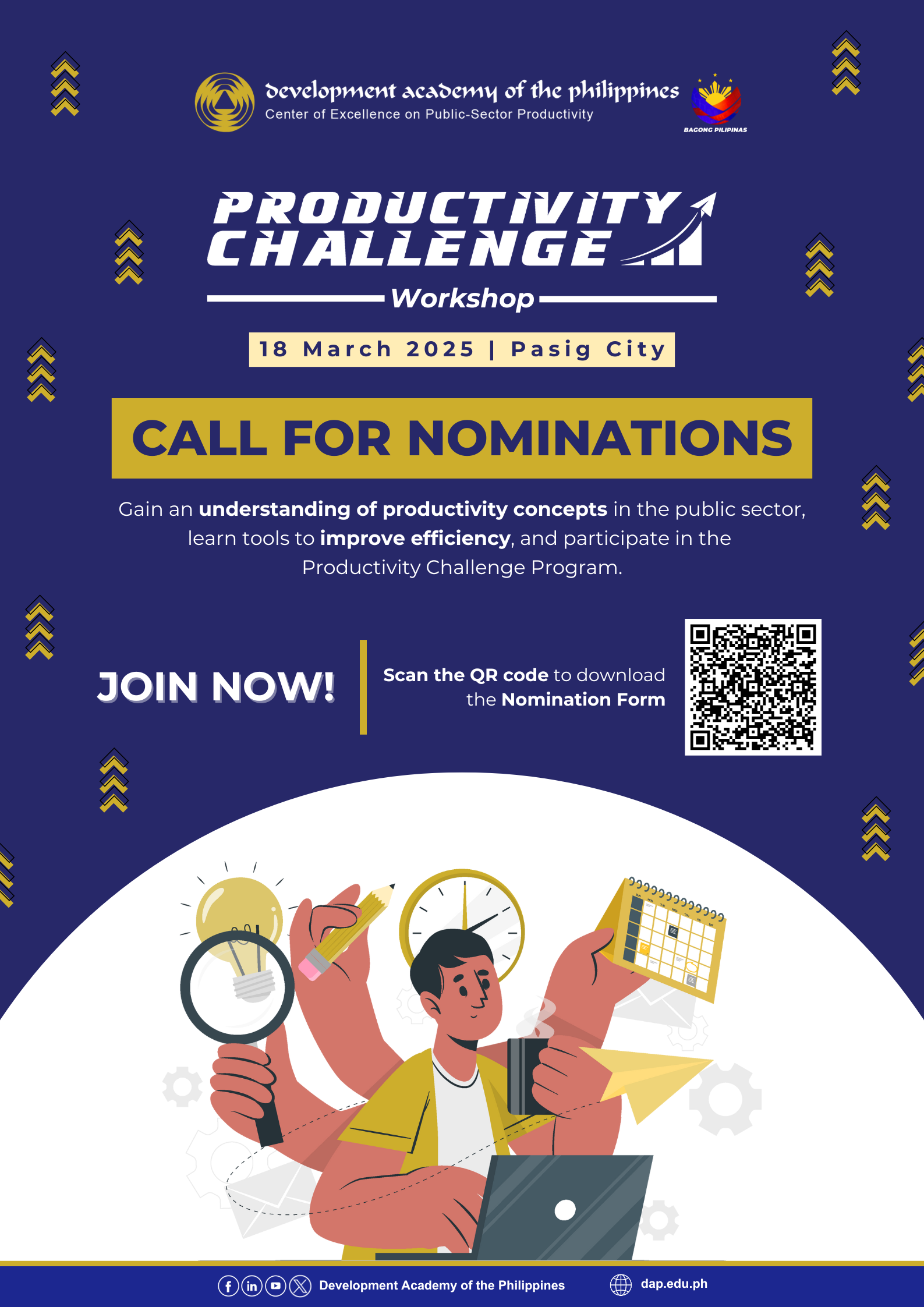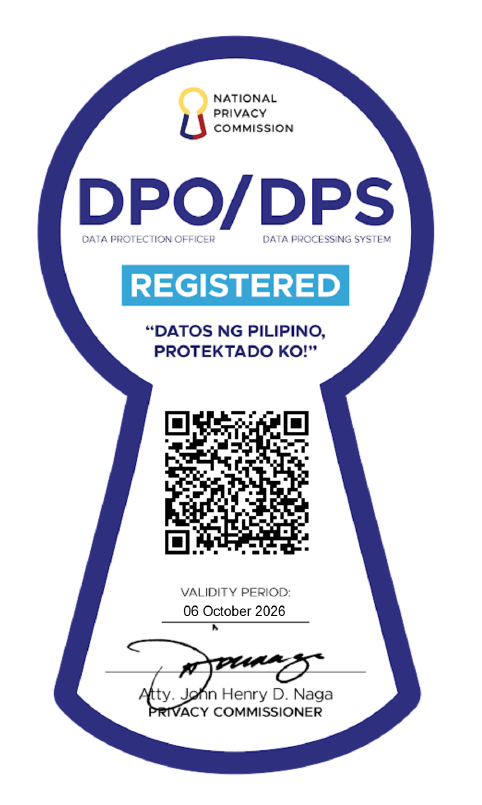
Former Senator and Graduate School of the Development Academy of the Philippines Dean Orlando Mercado declared that there is a need to either “modify or reinvent” the so-called “ASEAN Way” or completely abandon the long-held principle based on consultation and consensus-based decision making while establishing “a more concrete, systematic and productive mechanism” for addressing conflicts and security threats.
Dr. Mercado said this is because the consensus-based mechanism “significantly impedes” agility and the scope of cooperation among ASEAN member states particularly in dealing with high-politics issues, and impedes these member states’ efforts to develop and maintain compliance and an enforcement system that will ensure institutional accountability and prevent the organization from coping with more complex situations, as in the case of the South China Sea dispute.
Advantages
Mercado made the recommendations despite the advantages that the method, which has helped maintain harmony and cooperation among the ASEAN member states since 1967, has presented, including its serving as a tool to improve intra-state relations, helping alleviate political conflicts between member states, and encouraging socialization that strengthens ties and regional cooperation with a balance of power to address conflicts in the region.
“The ‘ASEAN Way’ is way too slow,” Dr. Mercado said. “The ASEAN should have a (certain) velocity in making decisions and making conventions. Let the ASEAN be ahead and direct our energies towards a unified action.”
Dr. Mercado’s remarks came at the Kartilya Session called “The ASEAN Way: Bedrock or Stumbling Block?” organized by the Development Academy of the Philippines’ Council of Fellows at the government research and training institution’s Pasig headquarters as the DAP’s way of joining the celebration of the 50th anniversary of the ASEAN and the Philippines’ chairmanship of the 50th ASEAN Summit this year.
Still a ‘bedrock’
Assistant Secretary Ma. Hellen de la Vega of the Office of ASEAN Affairs of the Department of Foreign Affairs, who is also the current director general of the Philippine ASEAN National Secretariat, for her part, maintained that the “ASEAN Way” remains a “bedrock,” emphasizing the importance of having one common language for all ASEAN member states, with one common perception of threat in political, social and economic security outlook, as well as the importance of a social view on democracy and human rights, the establishment for whose commission was recommended during the drafting of the ASEAN Vision 2025.
De La Vega said she did not consider the “ASEAN Way” a “stumbling block” as her experience allowed her to recognize the ASEAN’s consensus on the peaceful resolution of disputes, respect for international laws like the United Nations Convention on the Law of the Seas, and non-use of force.
“Sometimes, a stumbling block is not a stumbling block, but a ‘pause,’“ she said. “A pause to step back and see what could be done where everyone else could be comfortable to proceed. This is ASEAN identity.”
‘Myths’
Dr. Wilfrido Villacorta, former Ambassador and Permanent Representative of the Philippines to the ASEAN, while commending the Kartilya Session, noted that there are actually a few “myths” about the ASEAN, including the “ASEAN Way” being a misnomer as it was originally the Western way, the ASEAN’s not being 50 years old but rather 18 years old based on its current composition, the diversity that supposedly dominated the dynamics within the ASEAN and between the group and its partners as actually an internal diversity within each state, the ASEAN as a dispute-solving organization, and the ASEAN’s failure as a model of regional cooperation although it works better than the European Union.
Among those who were also present at the well-attended Kartilya Session, which is actually the first of a series of ASEAN lectures, were former Social Welfare and Development Secretary and DAP Eminent Fellow Corazon Alma de Leon and fellow Eminent Fellows Edicio de la Torre and Ambassador Jose Romero Jr., Minister Counsellor for Political Affairs Eddie Mulya of the Indonesian Embassy, Minister and Deputy Chief of Mission Urawadee Sriphiromya of the Royal Thai Embassy, Minister Counsellor and Deputy Head of Mission Aung Kyaw Linn of the Myanmar Embassy, and Ngo Tuan Anh of the Viet Nam Embassy.




